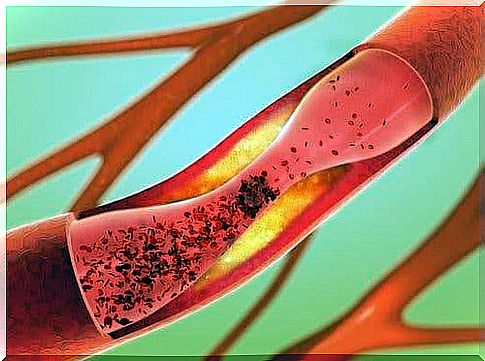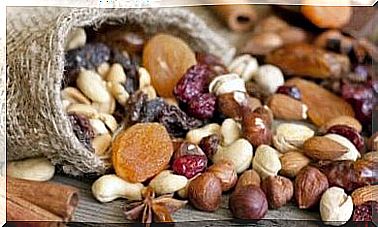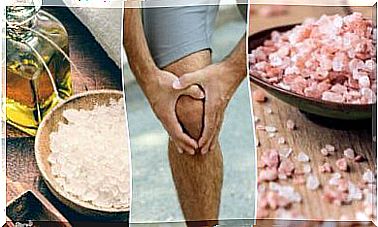Canola Oil: Everything You Need To Know

Canola oil is a vegetable oil contained in an infinite variety of foods. Many people have eliminated it from their diets because they are concerned about its health effects and production methods.
However, if you are still wondering if this oil is good for you or not, we are about to reveal it to you in this article. Read on to learn more.
What is canola oil?

Canola oil is one of the best known varieties of vegetable oils among the best known. It originates in Canada, and it is from this country that its name derives. It was precisely the industrial production of Canada that developed it, in 1978, by genetically modifying the rapeseed plants.
Although the canola plant looks identical to the canola plant, the former contains several nutrients and its oil is safer for human consumption. Most crops are genetically modified to improve oil quality and increase the tolerance of plants to herbicides.
How is it produced?
There are many steps involved in the canola oil production process. According to the Canola Council of Canada, this process consists of the following steps:
- Cleaning the seeds. The rapeseed seeds are separated and cleaned to remove impurities, as well as plant stems and soil residues.
- Packaging and removal of seeds. The seeds are heated to a temperature of about 35 ° C, then flakes are formed inside the rolling mills, thus breaking the cell wall of the seeds.
- Cooking the seeds. The seed flakes are steamed. In general, this heating process lasts between 15 and 20 minutes, at a temperature ranging from 80 to 105 ° C.
- Squeezing. At this point, the cooked rapeseed flakes are squeezed in a series of screw presses. This procedure removes 50 to 60% of the flake oil, leaving the rest to be extracted by other means.
Subsequent stages of canola oil production:
- Extraction. The residual seed flakes, which contain about 18-20% of the remaining oil, are further broken down by a chemical compound known as hexane, to obtain the remaining oil.
- Solvent. The hexane is separated from the canola flour by a third heating step, at 95-115 ° C, by exposure to steam.
- Refinement of the oil. The extracted oil is refined with different methods. For example with steam distillation, exposure to phosphoric acid and filtration, using acid activated clay.
Nutritional values of canola oil
Compared to other oils, canola is not a viable source of nutrients. One tablespoon (15ml) of canola oil offers:
- Calorie intake: 124 kcal.
- Vitamin E: 12% of the recommended daily allowance (RDA).
- Vitamin K: 12% of the RDA.
In addition to being low in vitamins E and K, canola oil also contains a reduced amount of other vitamins and minerals.
Supply of fatty acids in canola oil
Canola oil is often considered one of the best oils when it comes to saturated fat intake. Let’s see in detail what it contains:
- Saturated: 7%
- Monounsaturated: 64%
- Polyunsaturated: 28%
The polyunsaturated fats of canola oil include 21% linoleic acid, better known as omega-6 fatty acid, and about 11% alpha-linolenic acid (ALA), an omega-3 fatty acid that comes from sources vegetables.
Many people – particularly those following a vegetarian diet – depend on ALA sources to increase their levels of DHA and EPA omega-3 fats. The latter are crucial for heart and brain health.
Even though our bodies manage to transform ALA into DHA and EPA, research shows that this process is profoundly ineffective. However, ALA does report some benefits, as it can reduce fracture risk and protect against cardiovascular disease and type 2 diabetes.
Why could it harm your health?

It is important to take into account that the heating methods used in the canola processing process, as well as the methods of cooking at high temperatures, such as frying, have a negative impact on polyunsaturated fats like ALA.
Furthermore, during exposure to the high temperatures of the refining phase, a small amount of the unsaturated fats of the oil, in particular its polyunsaturated fats, are transformed into trans fats, which further reduces the presence of omega-3 fatty acids.
Trans fats are harmful even in small doses, which is why the World Health Organization (WHO) is calling for the elimination of these fats from foods globally by 2023.
To conclude, we advise you to opt for the consumption of vegetable oils only if of biological origin, avoiding those genetically manipulated. Otherwise, their consumption could harm your health.









